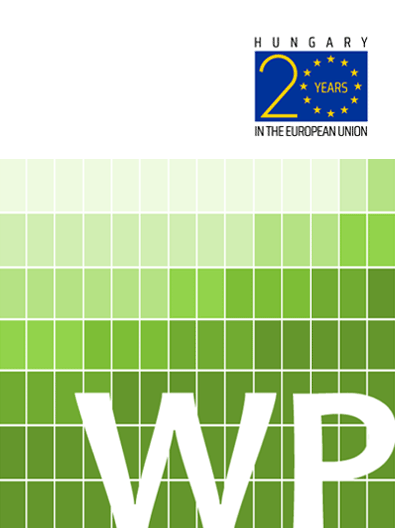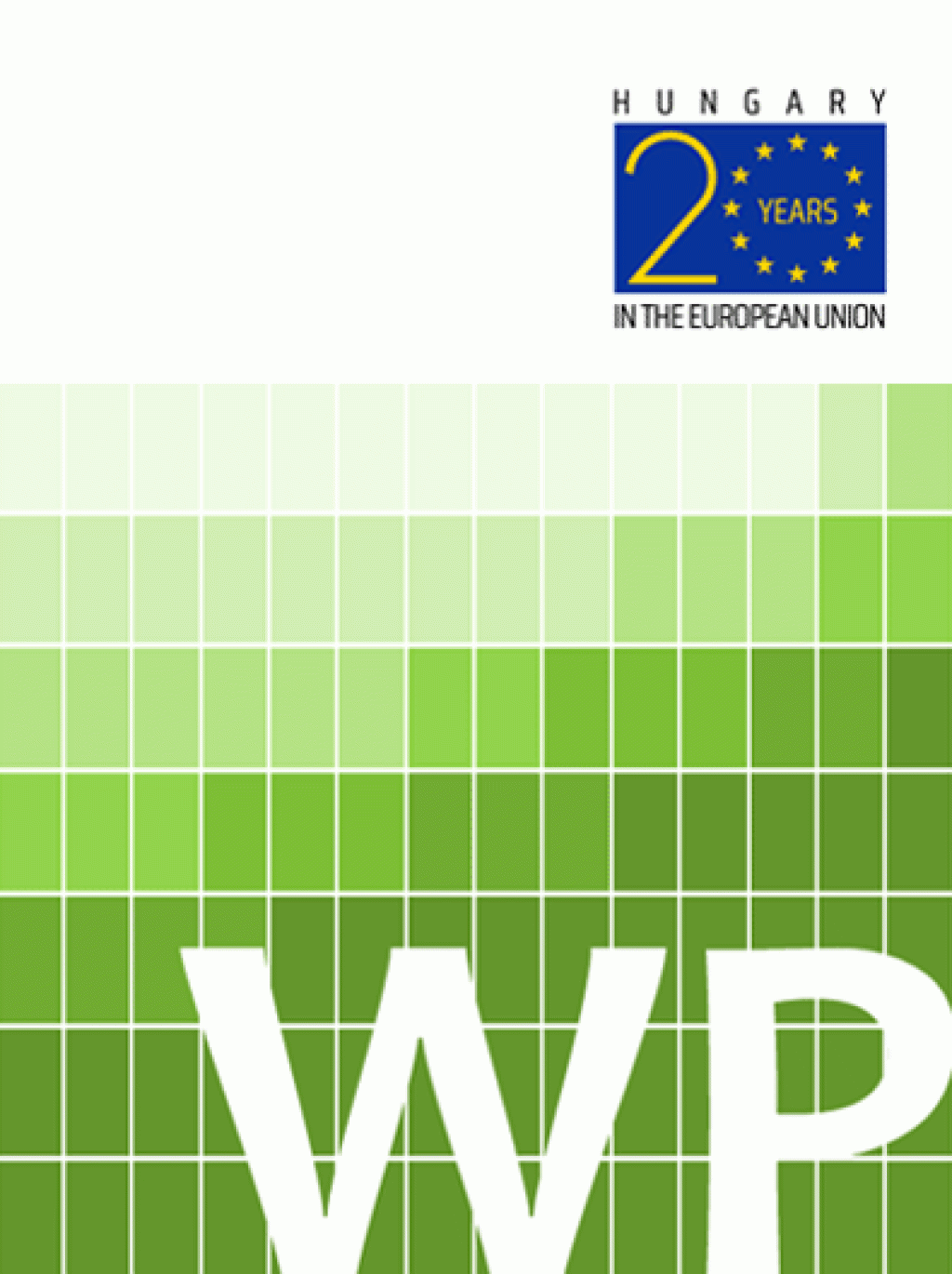20 years in the European Union – Foreign direct investments and the process of integration
Author: Magdolna Sass
In: HUN-REN CERS, Institute of World Economics, Working Paper Nr. 277 (2024) October 2024
Abstract
Foreign Direct Investment played a crucial role in the economic transition of the post-socialist countries. EU membership prospects positively affected FDI inflows in the nineties and the integration process promoted FDI directly and indirectly as well, through enterprise restructuring, labour market impact, sectoral reforms, regulatory quality, rule of law, and specific aspects of the business environment. FDI flows added new, competitive capacities and technologies to the region, however, FDI-related benefits remained below the expectations. The Central and East-European countries could mainly offer their low wages in the intra-EU distribution of production and most of them lacked competitive local firms. These economies based their growth strategies on FDI and it still plays a determining role, especially in certain export-oriented sectors.




